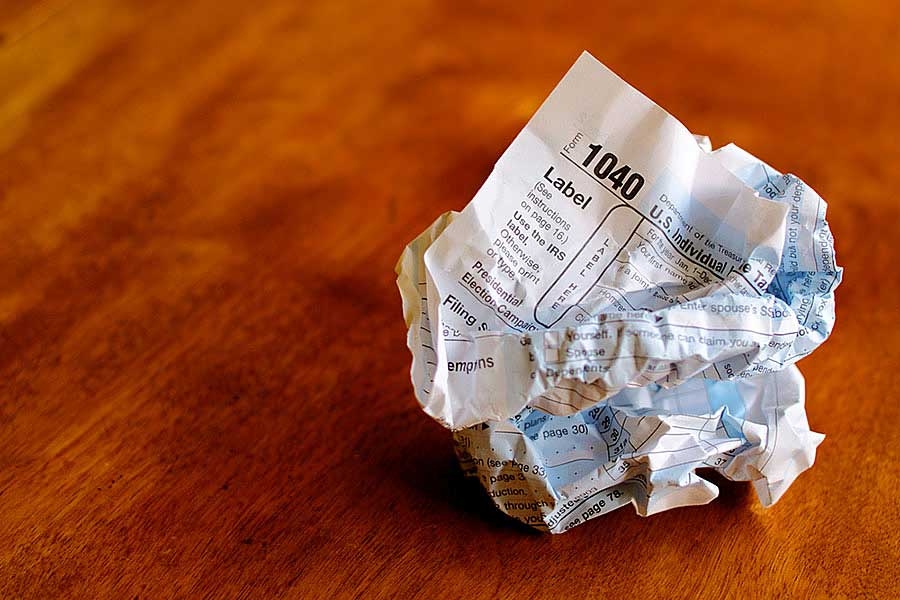Every April I get shudders just thinking about the pending deadline for filing taxes. I am not exaggerating when I say the task feels like a form of purgatory.
Submitting tax returns is a chore that seems unnecessarily complex and burdensome for the average American, and reflects problems with the tax system overall.
My aversion might seem a little strong because I am from a country where most people don’t have to worry about filing taxes.
In the U.K., only the self-employed, those earning more than £100,000 ($125,000) annually, and those making more than £10,000 from savings and investments, file tax returns.
For most, income is taxed under a pay-as-you-earn structure. Many Brits aren’t even aware of the concept of submitting tax returns.
In the U.S., I feel the fact that most people with an income file taxes (threshold for federal tax returns in 2016 is $10,350 for a single person under 65) undermines the system.
This is because when you leave it up to people to complete a complex task with little education on how to do it, it is bound to be open to errors and scams.
Learning how to file taxes seems such an important skill in the U.S. I am surprised American school kids aren’t given lessons on the topic.
The first year I filed taxes, I was so bewildered by the forms that I paid an accountant to do it. It was then that I realized I was basically paying him to maximize my return.
It made me view taxes in a new light — as a system that can be gamed for greatest payback, rather than a necessary part of paying for public services.
Another problem with filing is it can make Americans resentful of taxes in general. After all, who wants to find out they have to pay more than they anticipated.
Tax reform is a perennial issue in the U.S., and Oregon in particular struggles with a broken method of taxation, which has led to severe underfunding of public services.
The volatile income tax model is an area that is ripe for reform. It is reasonable to question why the state choses to tax peoples’ earnings rather than place levies on things we want to eliminate, such as carbon emissions.
A sales tax would help stabilize revenues, but Oregon voters have yet to demonstrate support for a consumption levy.
Creating an equitable tax system that doesn’t burden low income earners is another challenge.
As lawmakers struggle to come up with a solution, examining ways to simplify the system for all taxpayers is a good start.




